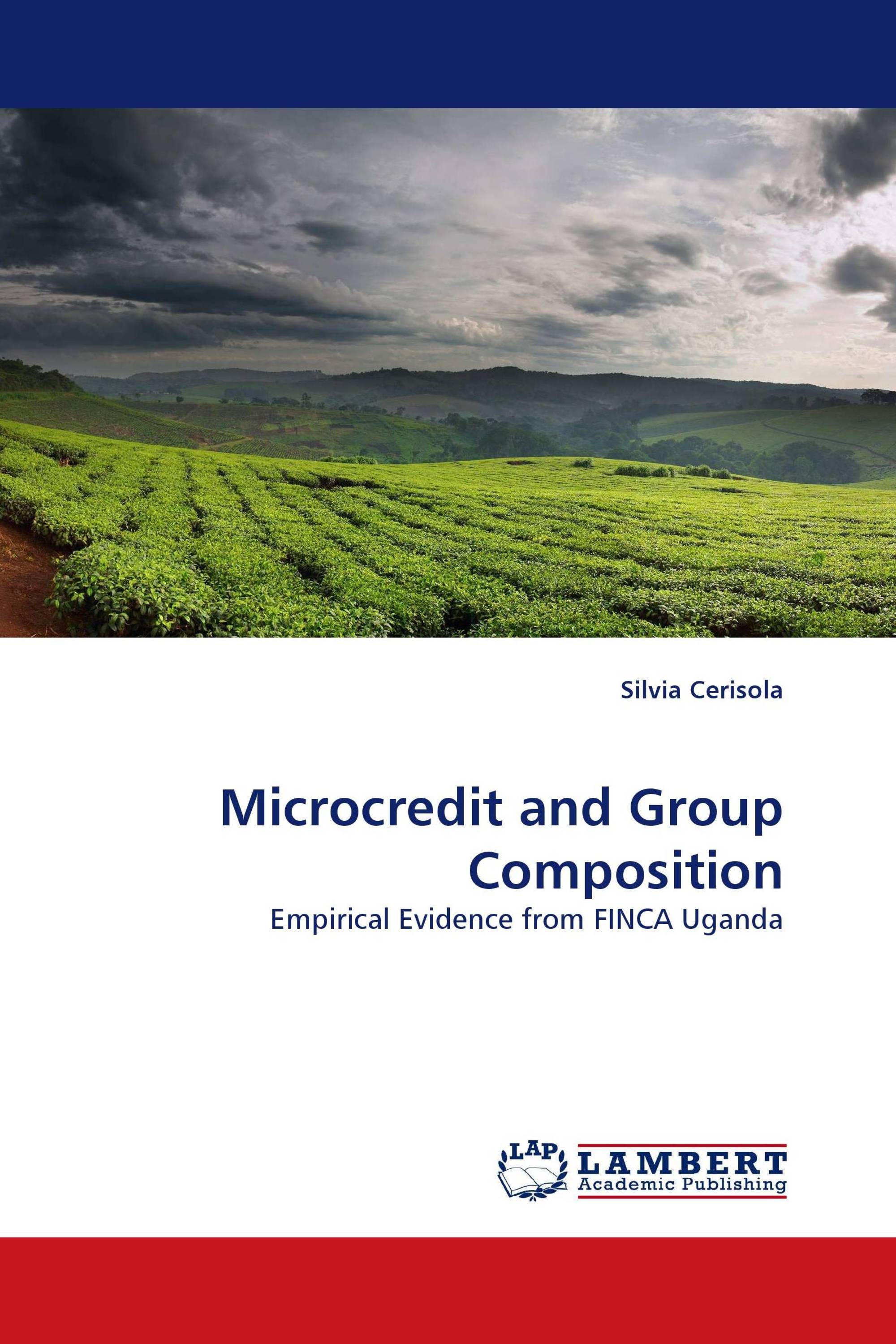Microcredit and Group Composition
Empirical Evidence from FINCA Uganda
LAP Lambert Academic Publishing ( 06.06.2011 )
€ 49,00
A major obstacle to growth in poor countries is known to be the lack of access to bank credit, especially in rural areas, where a large majority of individuals do not have adequate collateral to secure a loan. Starting with the Grameen Bank in Bangladesh and FINCA village banking in Latin America, development policy makers have embraced group lending as a possible alternative for lenders to provide credit to the poor. Group lending typically links the fate of borrowers by stipulating that if one borrower within a group fails to repay her / his loan, the others in the group must repay it for her / him. However, what factors affect group performance and, in particular, how do distance, “social capital” and heterogeneity affect performance, promptitude in paying and saving capability? This empirical analysis attempts to address the above question by employing an original dataset, collected by the author during the months of April-June 2006 among the clients of FINCA Uganda. This work should be especially useful to researchers, policy makers, and all those who are interested in development in general, and in microcredit in particular.
Детали книги: |
|
|
ISBN-13: |
978-3-8443-9893-9 |
|
ISBN-10: |
3844398937 |
|
EAN: |
9783844398939 |
|
Язык книги: |
English |
|
By (author) : |
Silvia Cerisola |
|
Количество страниц: |
76 |
|
Опубликовано: |
06.06.2011 |
|
Категория: |
Исследование социальных слоёв |




